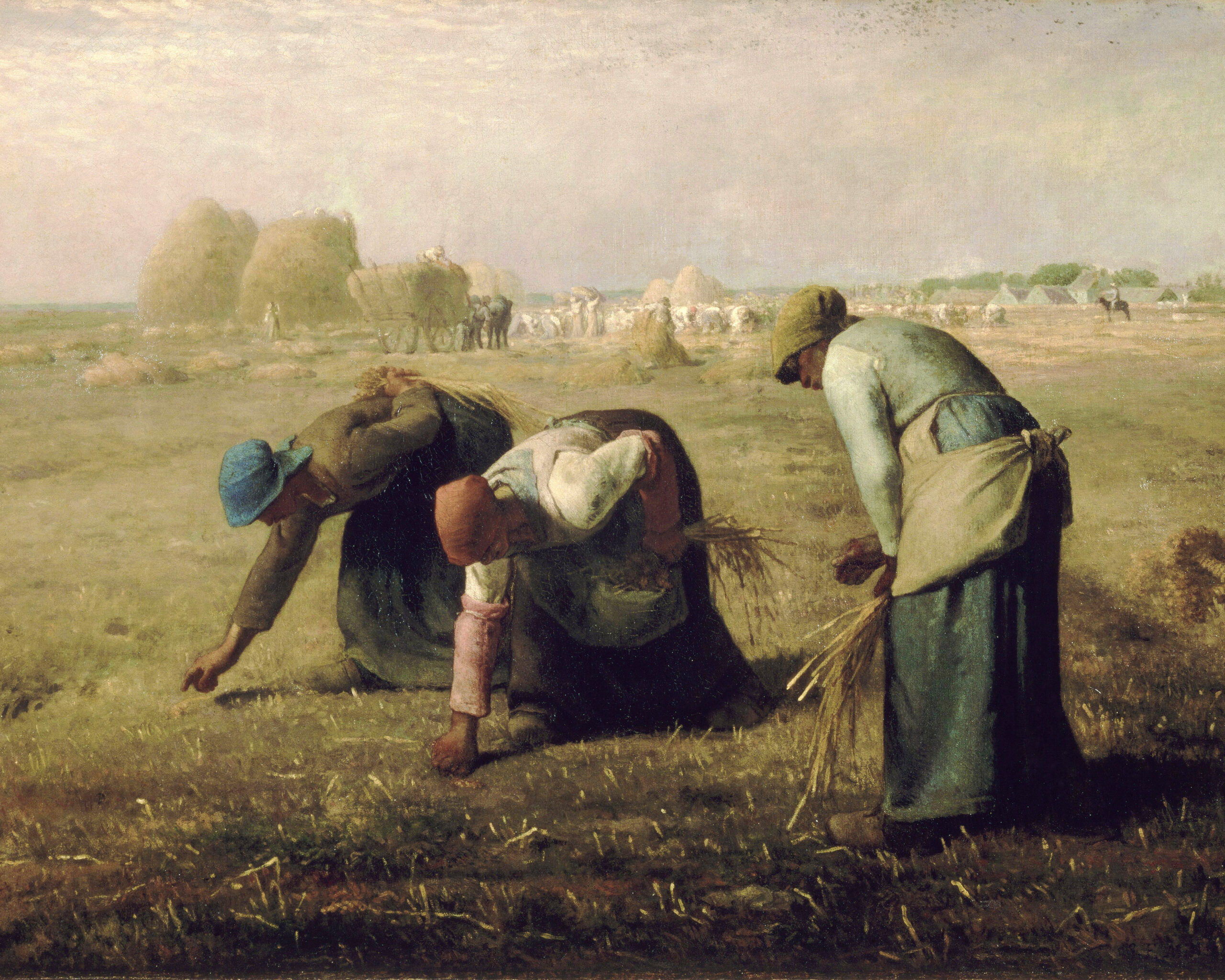“Always active, always at rest.”
-St. Augustine
Be on your guard lest your zeal degenerate into anxiety and eagerness. Saint Francis de Sales was a most pronounced enemy of these two defects. They cause us to lose sight of God in our actions and make us very prone to impatience if the slightest obstacle should interfere with our designs. It is only by acting peacefully that we can serve the God of peace in an acceptable manner.
“Do not let us suffer our peace to be disturbed by precipitation in our exterior actions. When our bodies or minds are engaged in any work, we should perform it peacefully and with composure, not prescribing for ourselves a definite time to finish it, nor being too anxious to see it completed.” (Scupoli).
Martha was engaged in a good work when she prepared a repast for our divine Lord, nevertheless He reproved her because she performed it with anxiety and agitation. This goes to show, says Saint Francis de Sales, that it is not enough to do good, the good must moreover be done well, that is to say, with love and tranquillity. If one turn the spinning-wheel too rapidly it falls and the thread breaks.
Whenever we are doing well we are always doing enough and doing it sufficiently fast. Those persons who are restless and impetuous do not accomplish any more and what they do is done badly.
Saint Francis de Sales was never seen in a hurry no matter how varied or numerous might be the demands made upon his time. When on a certain occasion some surprise was expressed at this he said:
“You ask me how it is that although others are agitated and flurried I am not likewise uneasy and in haste. What would you? I was not put in this world to cause fresh disturbance: is there not enough of it already without my adding to it by my excitability?”
However, do not on the other hand succumb to sloth and indifference. All extremes are to be avoided. Cultivate a tranquil activity and an active tranquillity.
In order to acquire tranquillity in action it is necessary to consider carefully what we are capable of accomplishing and never to undertake more than that. It is self-love, ever more anxious to do much than to do well, which urges us on to burden ourselves with great undertakings and to impose upon ourselves numerous obligations. It maintains and nourishes itself on this tension of mind, this restless anxiety which it takes for infallible signs of a superior capacity. Thus Saint Francis de Sales was wont to say: “Our self-love is a great braggart, that wishes to undertake everything and accomplishes nothing.”
“It appears to me that you are over eager and anxious in the pursuit of perfection…. Now I tell you truthfully, as it is said in the Book of Kings, that God is not in the great and strong wind, nor in the earthquake, nor in the fire, but in the gentle movement of an almost imperceptible breeze…. Anxiety and agitation contribute nothing towards success. The desire of success is good, but only if it be not accompanied by solicitude. I expressly forbid you to give way to inquietude, for it is the mother of all imperfections…. Peace is necessary in all things and everywhere. If any trouble come to us, either of an interior or exterior nature, we should receive it peacefully: if joy be ours, it should be received peacefully: have we to flee from evil, we should do it peacefully, otherwise we may fall in our flight and thus give our enemy a chance to kill us. Is there a good work to be done? we must do it peacefully, or else we shall commit many faults by our hastiness: and even as regards penance,—that too must be done peacefully: Behold, said the prophet, in peace is my bitterness most bitter.”
Sadness, says Saint Francis de Sales, is the worst thing in the World, sin alone excepted.
It is a dangerous error to seek recollection in sadness: it is the spirit of God that produces recollection; sadness is the work of the spirit of darkness.
Do not forget the rule given by Saint Francis de Sales for the discernment of spirits: any thought that troubles and disquiets us cannot come from the God of peace, who makes his dwelling-place only in peaceful souls.
“Yes, my daughter, I now tell you in writing what I before said to you in person, always be as happy as you can in well-doing, for it gives a double value to good works to be well done and to be done cheerfully. And when I say, rejoice in well-doing, I do not mean that if you happen to commit some fault you should on that account abandon yourself to sadness. For God’s sake, no; for that would be to add defect to defect. But I mean that you should persevere in the wish to do well, that you return to it the moment you realize you have deviated from it, and that by means of this fidelity you live happily in the Lord…. May God be ever in our heart, my daughter…. Live joyfully and be generous, for this is the will of God, whom we love and to whose service we are consecrated” (Saint Francis de Sales, Imitation, B. III., Chap. XLVII).
It is wrong to deny one’s self all diversion. The mind becomes fatigued and depressed by remaining always concentrated in itself and thus more easily falls a prey to sadness. Saint Thomas says explicitly that one may incur sin by refusing all innocent amusement. Every excess, no matter what its nature, is contrary to order and consequently to virtue.
Recreations and amusements are to the life of the soul what seasoning is to our corporal food. Food that is too highly seasoned quickly becomes injurious and sometimes fatal in its effects; that which is not seasoned at all soon becomes unendurable because of its insipidity and unpalatableness.
As to the amount of diversion it is right to take, no absolute measure can be given: the rule is that each person should have as much as is necessary for him. This quantity varies according to the bent of the mind, the nature of the habitual occupations, and the greater or less predisposition to sadness one observes in his disposition.
When you find your heart growing sad, divert yourself without a moment’s delay; make a visit, enter into conversation with those around you, read some amusing book, take a walk, sing, do something, it matters not what, provided you close the door of your heart against this terrible enemy. As the sound of a trumpet gives the signal for a combat, so sad thoughts apprise the devil that a favorable moment has come for him to attack us.
This article is taken from a chapter in Light and Peace by R. P. Quadrupani, Barnabite which is available from TAN Books.









